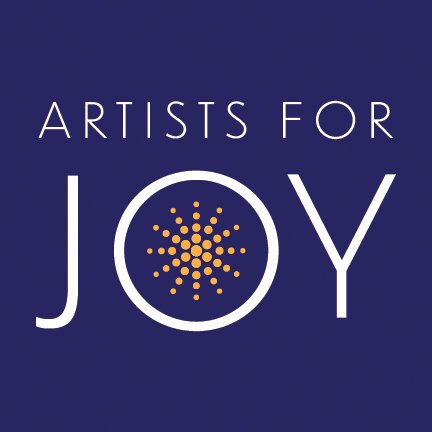“Lincoln Square Fountain” Photo cred: Adrianna Kheat
This week I’ve had the distinct pleasure to be part of Lincoln Center Education’s Summer Forum: a gathering of artists and educators from all over the world. We have discussed “the why” of what we do, explored arts advocacy, and developed our teaching artist practice amidst inspiring keynote speakers, energizing performances, and meaningful conversations... all with my favorite city as the backdrop. This time always fills my cup. It reminds me of the power of the arts to deepen our faith, connect us with people, and change the landscape of our world.
Though this is an arts education workshop, I was not surprised at how quickly the conversation turned to the spiritual.
We began day 1 with an exercise that I’m still thinking about. The facilitator asked each participant to share who raised them, and then who raised those who raised them. My first thought was “OK, my parents raised me. And their parents raised them. Simple enough.” But she encouraged us to interpret it in any way we wanted. The stories that poured out were incredible.
There was a young man who was raised by a deaf single dad.
There was an older woman who said her adopted daughter raised her.
People were raised by the family’s single survivor of the holocaust, the school of hard knocks, the City of New Orleans.
This small exercise made me realize, suddenly and beautifully, how there were abundant stories in the room with me: stories that have been passed down, stories we believe about ourselves that aren’t true or complete, stories that we are still living into. I saw everyone so differently after they spoke. No matter our age or experience, we were all asking questions about our histories as we told them. Our artistic practice was not only part of our story, but a way of working out these stories’ meanings.
A few days later, in our daily Psalm reading practice, I came to Psalm 56:8: “You keep track of all my sorrows. You have collected all my tears in your bottle. You have recorded each one in your book.” (New Living Translation)
God as historian, archivist, anthropologist, and curator of our pain...
It leaves me asking, why the bottle? What does God plan on doing with all those tears? I want to believe God takes them in order to create something beautiful. God is always an artist in my eyes.
It can feel burdensome to carry all my stories around, and I sensed that from my new friends at Lincoln Center, too. There was something freeing and beautiful about that moment of releasing them into someone else’s care during that exercise. To share your story is to be seen and to be known. This Psalm reminds us that God is coming behind us to collect the tears, and this ultimate act of listening, making space for story—that’s what we can do as artists and educators and friends.
I walk around NYC each morning and evening after class and enjoy the commute differently, now. As all the stories rush past me, as all the stories cram into the subway car, as all the stories eat and sleep and work in this pulsating place, I can rest in the knowledge that each made in God’s image, they are seen and known and loved by God, and in this act of collecting tears, he’s calling me to love them too.

